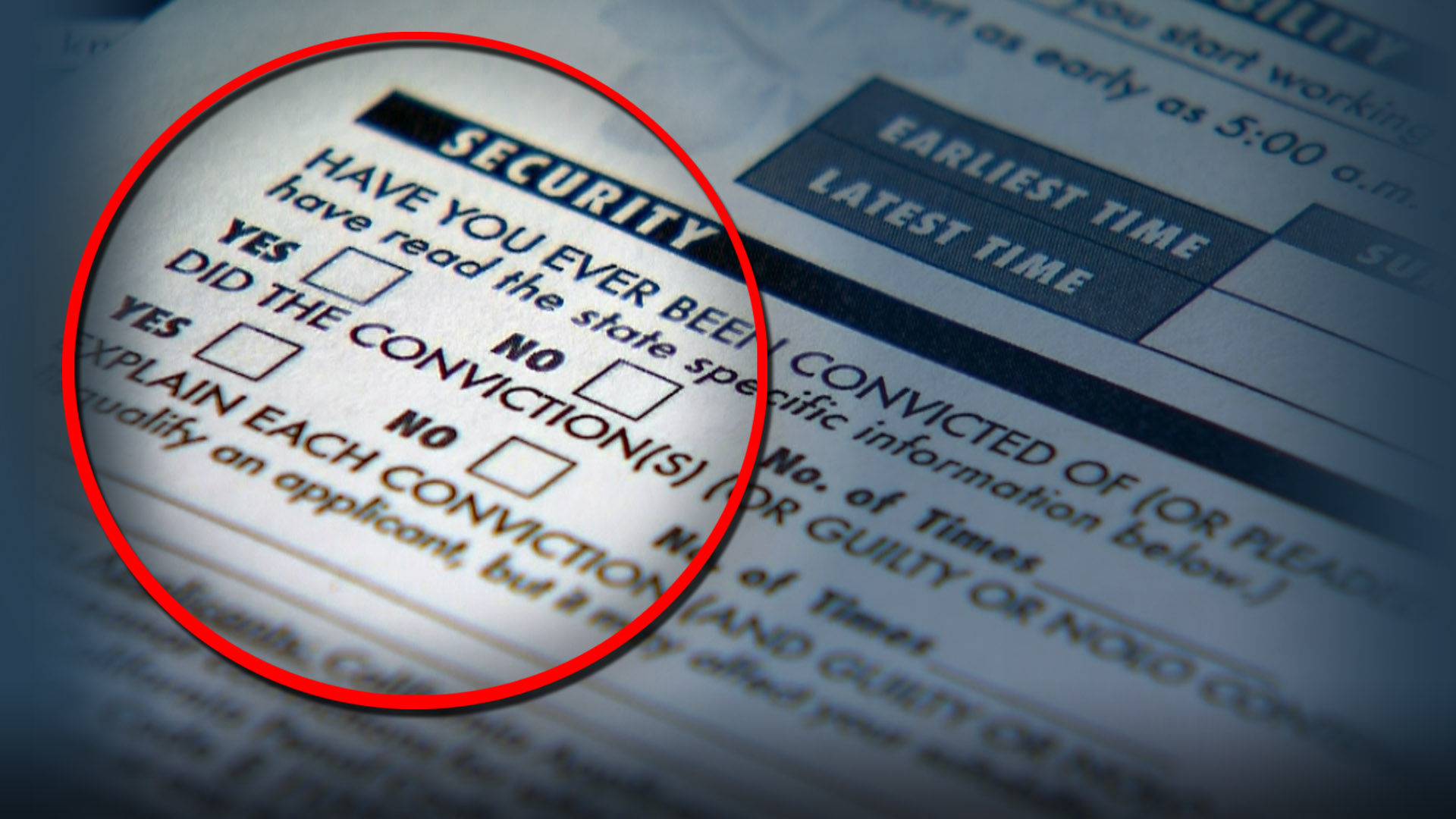The Rehabilitation of Offenders Act (ROA) under employment law in the UK, allows most convictions and all reprimands, cautions and final warnings to be over after (considered ‘spent’) a specific period is known as the rehabilitation period.
This period depends upon the disposal or sentence that was given and not on the type of offence. Furthermore, the ROA allows individuals with spent convictions, reprimands, cautions and final warnings, the legal right of not disclosing the details of their past convictions when applying for most jobs, higher education courses and insurance purposes.
However, it is important to consider that while most jobs are covered by the ROA, there are some exemptions. Therefore, if you apply for a job that is exempted from the ROA, the employer may ask to share details of the spent and unspent convictions and any unprotected cautions. The employer is also entitled to take this information into account while determining your suitability for the job profile.
What Do You Mean by ‘Spent’?
Once a conviction, reprimand, caution or final warning becomes ‘spent’, an individual is not legally obligated to disclose details of it to most employers, or when applying for higher education courses, insurance or any other purposes. In the UK, it is against the regulations of UK employment law for an employer to obtain information about an individual’s spent convictions or cautions, unless he or she applies for a job role that is exempted from the ROA.
How long does it take for a criminal record to be ‘spent’?
The rehabilitation period for all custodial and community sentences usually starts from the end of the total sentence determined by the court and includes the licence period.
Furthermore, it does not start from the time served in custody i.e. the release date. The rehabilitation period also comprises an additional buffer period, which runs from the end of the sentence. The length of this buffer period depends on the length of total sentence imposed.
In cases, wherein the individual was a minor (aged 18 or under) is convicted, the buffer periods are halved. This does not hold true for custodial sentences of six months or less, in which case, the buffer period is 18 months.
How should I disclose my criminal record?
If you have to disclose your spent convictions and cautions, it is better to prepare a written disclosure statement, prior to submitting the job application. Even if you prefer to make a verbal disclosure, it is advisable that you prepare beforehand what exactly you are going to say.
This will mitigate the chances of being caught off guard by any question relating to your criminal record or gaps evident in your employment history (maybe due to being held on remand or imprisonment.) Basically, if you prepare a disclosure statement you will have a better chance of landing a job.
The best disclosure statements are often genuine and accurately reflect your attitudes and circumstances. Often individuals feel embarrassed about disclosing their criminal record, which is a natural feeling. However, you must remember that almost one out of four individuals in the UK, of working age, have a minimum of one conviction along with several cautions, final warnings, and reprimands – so you are not alone.
Furthermore, your employer will, more than likely, have already come across a few disclosures before. Therefore, while disclosing your criminal record, you need to relate what you say (or write) to the job role for which you are applying.
Subsequently, you will be able to reassure the employer of your suitability for the job. You may emphasise the following points (if they apply) in your disclosure statement:
- the offence was committed a long time ago, even if the conviction is recent;
- the offence was a one-off instance and out of character;
- the offence is not relevant to the job role for which you have applied;
- you took responsibility for the offence at the time.
Just like an application or CV, a disclosure statement too, must be drafted according to the specifics of the job role for which you are applying. Remember, there is no perfect disclosure statement – your statement is personal to you and your given circumstances.
Including the following points will help deliver a more convincing disclosure statement:
Start With Something Positive
Begin by telling your employer why you are applying for the job, what previous experience, skills, and abilities you can bring to the position, etc.
Explain the Offence(s) in Your Own Words
Your statement must include a brief account of the offences and circumstances (if appropriate) that need to be disclosed, preferably in your own words.
You may also highlight any mitigating factors like addiction issues, loss of a loved one, being around the wrong crowd, etc. However, make sure that you don’t let mitigation sound like an excuse.
Reassure That You Are Not A Risk
Overall, you must reassure the employer through your disclosure. You may start by mentioning any voluntary work, employment or any other experiences, which would demonstrate a proven track record of being employed as a responsible and safe employee.
Furthermore, if you have any good character references, you can mention them in your disclosure statement – they will also prove useful in reassuring the employer.

